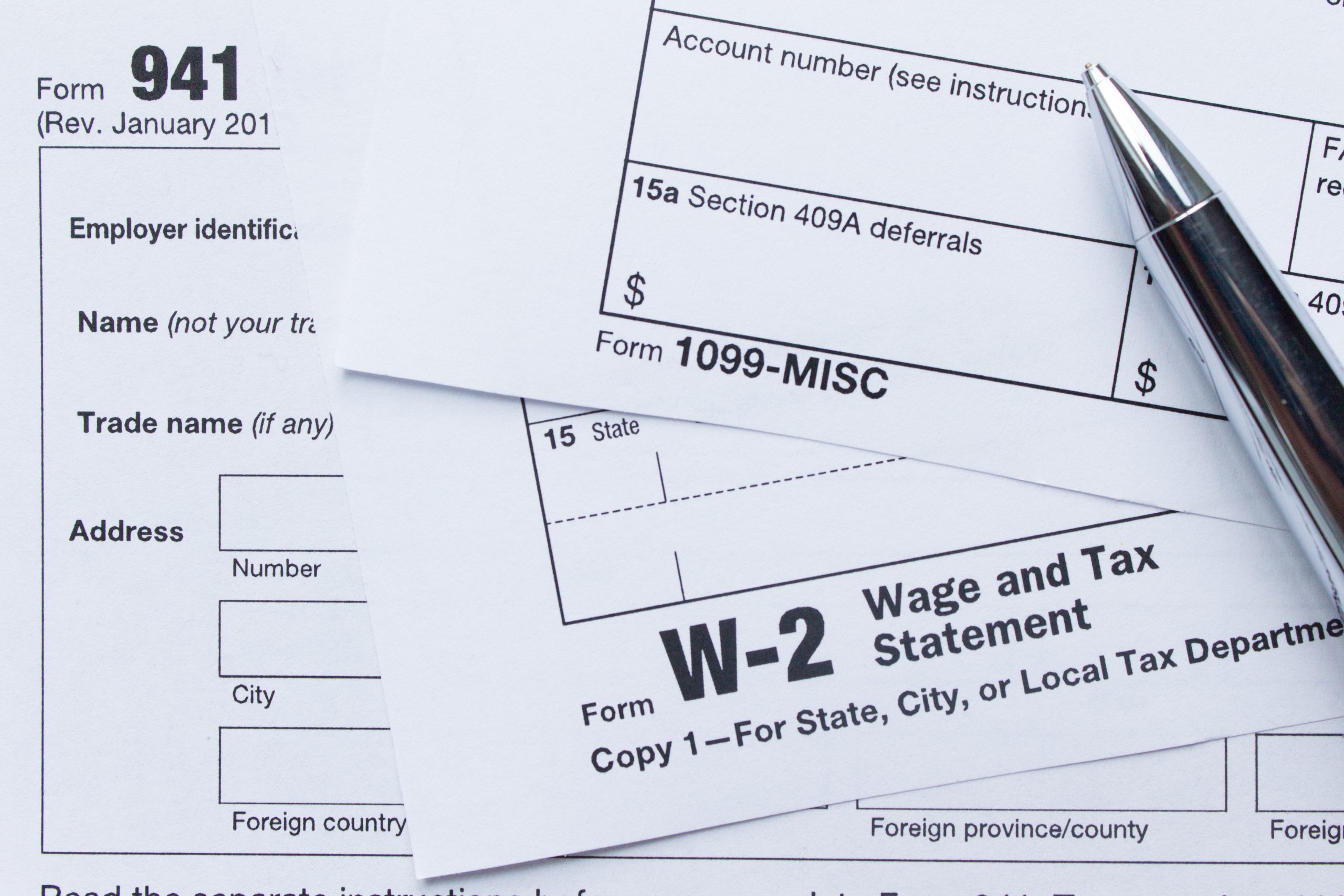Yes. Converting crypto to fiat, trading one token for another, and using crypto to purchase goods/services are all taxable events under IRS rules.
Mining and staking rewards are taxed as ordinary income at their fair market value when received. You’ll report this on Schedule 1 or Schedule C for business activity.
Yes. Capital losses from crypto sales can offset capital gains plus up to $3,000 of ordinary income per year.
The IRS’s accuracy‑related penalty for underpayment of tax is 20% of the underpayment. Failure‑to‑file and failure‑to‑pay penalties have different rates (e.g., 5% per month up to 25% total for failure‑to‑file), but the standard penalty for underreporting is 20%.
Generally, the IRS can audit returns filed in the last three years – six years if there’s a substantial omission (over 25% of gross income).
Yes. When you receive new tokens from a hard fork or an airdrop, the IRS treats their fair‑market value at receipt as ordinary income. You must report this on your tax return even if you haven’t sold the tokens.
If you’re paid in crypto – whether from mining, staking, freelance work, or sales – report its USD value at the time you receive it as ordinary income on Schedule 1 or Schedule C (for business activity). That amount becomes your tax basis for future capital gains calculations.
Maintain detailed, audit‑ready records that include:
- Dates and amounts of all buys, sells, and swaps
- Fair‑market value in USD at each transaction time
- Fees paid to exchanges or wallets
- Documentation for airdrops, forks, and staking rewards
Accurate record‑keeping minimizes errors on Form 8949 and Schedule D.
A local crypto tax lawyer will:
- Review complex transactions and ensure correct cost‑basis treatment
- Identify all taxable events – swaps, DeFi interest, NFTs
- Prepare and file specialized IRS forms accurately
- Represent you in any IRS inquiries or audits
Having an attorney near you means faster consultations and in‑person support, whether you are in Dallas, Fort Worth, Frisco, or anywhere else.
Our crypto tax help fees depend on the scope:
- Basic return preparation (Form 8949 & Schedule D)
- Complex filings (DeFi, staking, airdrops)
- Audit representation
We provide transparent estimates during your free initial consultation – no surprises, guaranteed.
















